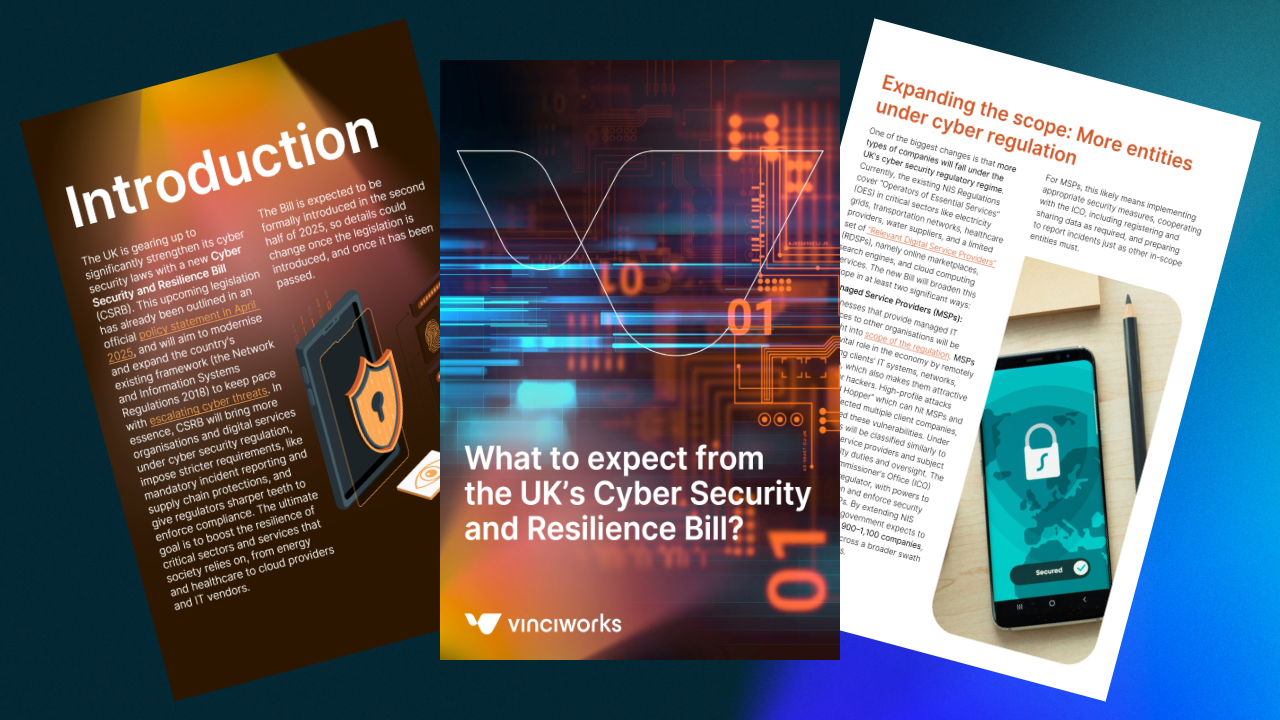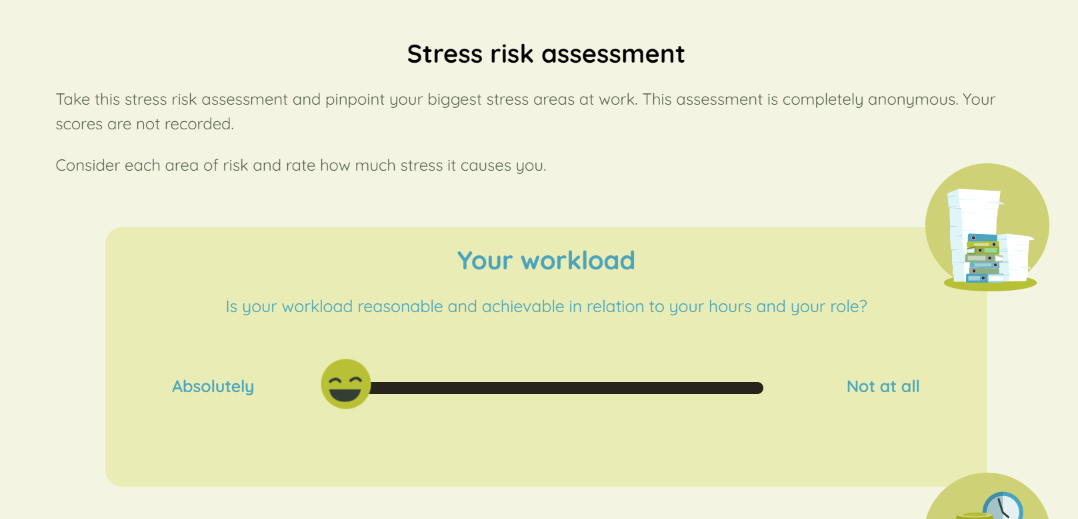How ESG is catching up with Elon Musk
Tesla is certainly a company that stands out from the crowd. It seems as if every other day Tesla is hit by a new bit of bad news. If it’s not viral videos of flaming cars locking their drivers inside then it’s critical software updates for apparently also flammable entertainment systems. All this and more has led to Tesla being dramatically kicked out of the S&P 500 ESG Index.
Is this because Tesla’s prima donna CEO, Elon Musk, wants to stand out from the crowd of billionaire CEOs? Musk certainly likes to make a statement, even if his tweets have previously been accused of violating labour laws and resulted in defamation cases.
Media chaos is not new for the South African mogul. Musk previously tweeted one day that he was considering taking Tesla private at $420 per share, despite the company only trading at $360 and without any firm offers. Further details were not forthcoming from Mr Musk, and scrutiny from the Securities and Exchange Commission followed, landing Musk with a $40 million fine and forcing him to step down as chairman of his company.
Moreover, the number of individuals who could face sexual harassment allegations on their way to and from outer space is relatively low, but Elon Musk has managed to break that barrier too. From racism allegations to complaints about cruel experiments on monkeys, 2022 is certainly another year Musk remains in the headlines.
Yet despite these setbacks, Tesla has become a trillion dollar company by pioneering electric vehicles and expanding into solar. So how does a sustainability-focused electric vehicle manufacturer find itself dropped from the S&P 500 ESG ratings, while Exxon Mobile stays in?
ESG is much more than just the E
The main reason an electric vehicle manufacturer is out of the S&P ESG Index but petrochemical companies stay in is that ESG is not only about the environment or sustainability. Social and governance factors are equally as important as the environment.
While Tesla is providing an alternative to polluting vehicles, it’s doing so in a way that undermines labour relations, takes a cavalier attitude to health and safety, and has at the helm a billionaire maverick who sees the world, and space, as his plaything.
The case of Tesla demonstrates the risk companies take of ignoring ESG, or assuming that a strong game on one letter mitigates poor behaviour on the others.
Any ESG problem is a big risk
In 2020 Facebook was also dropped from the S&P ESG Index, despite being the fourth-largest company and holding a weight of 2.5%. The specific concerns that left Facebook out were the array of privacy scandals that have engulfed the social media giant in recent years.
More than 150 companies were allowed to mine users’ personal data, while personal information was misused in scandals like Cambridge Analytica and over 50 million accounts were hacked.
From risk management processes to data security, Facebook was running at far too high a risk to make a good ESG bet.
Material matters are critical
ESG is very wide, from greenhouse gas emissions to modern slavery concerns to board composition. So how is a business expected to be running at full cylinders on every aspect?
Short answer is they aren’t, not really, and not unless they are a Tesla or Facebook sized enterprise. But companies are expected to understand what is material to them, meaning which area of ESG is fundamental to their business.
For Facebook, privacy and data security is perhaps the most material of all. To fail and fail again on such an area directly led to Facebook’s removal from the S&P ESG Index a few years ago, even though there were few governance or environmental concerns.
Conversely Tesla’s material ESG issues are of course the environment and sustainability. The company may be streets ahead of other car makers when it comes to the environment, but the abysmal social and governance concerns are weighty enough to effectively cancel out the positive environmental aspect.
ESG mitigates the risk of not standing out
It speaks to the interconnectedness of ESG. One element, one aspect is not enough to make a business a safe ESG bet.
ESG is a multi-step process, but the first step is ensuring there are no critical risks across any area of ESG. For Facebook in 2020, privacy was a critical risk. For Tesla today, the list of critical risks is seemingly endless, not least of all the behaviour of the CEO and the social factors relating to the workplace, safety, and trade union measures.
Once critical risks have been identified and hopefully rectified, then a business can look at what ESG-related initiatives can help it stand out. Because ESG is not simply about compliance.
ESG is the key mitigation measure against the risk of not standing out from the crowd. What differentiates businesses these days is not so much product, service, or even cost-effectiveness, it’s how does the business make a positive impact on the world? What is the business doing to make the world greener, safer, more equal or ensure their business is well-governed and a safe bet for investors?
Someone might want to let Mr Musk know that when it comes to ESG, standing out from the crowd means making a positive impact here on earth, not getting up to no good in outer space.













